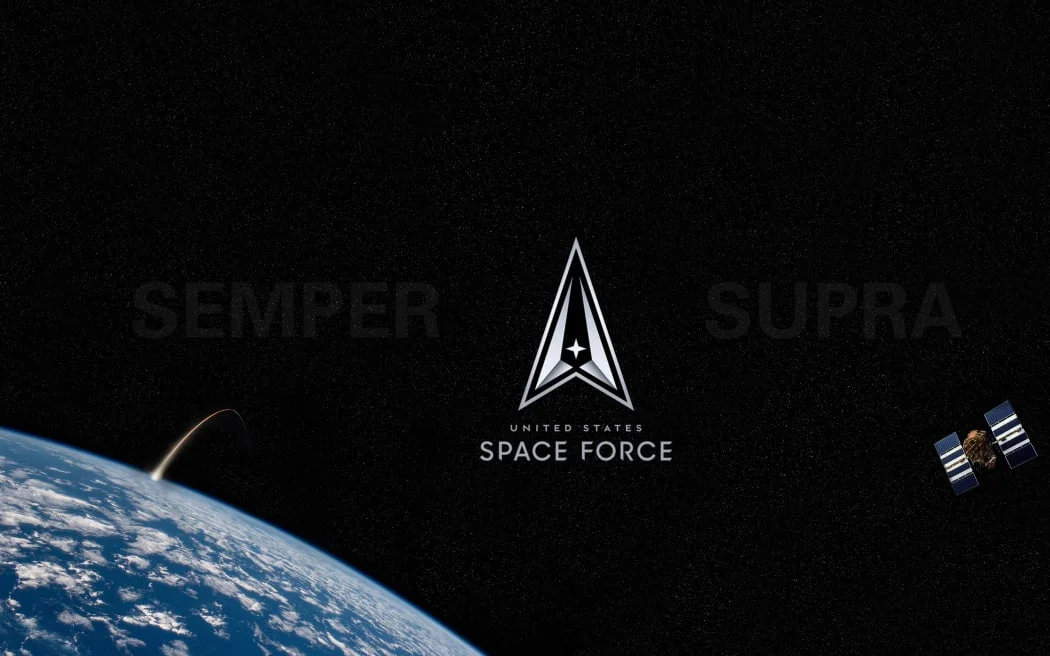
US Eyes Expanded Satellite Launches from New Zealand Amidst Space Race with China
The United States is exploring opportunities to expand its rocket launch capabilities, with New Zealand emerging as a key potential partner. This development comes as the US Space Force intensifies its efforts to deploy hundreds of additional satellites, some of which will support America's crucial nuclear command-control-and-communications (NC3) system. But what does this mean for New Zealand, and why is this happening now?
General Brigadier Kristin Panzenhagen of the US Space Force revealed that these discussions are in very early stages. "We are looking at international partnerships as potential ways to get our satellites to orbit," she stated, highlighting existing capabilities in countries like Japan and Rocket Lab's operations in New Zealand.

The driving force behind this move is the intensifying space race with China. The Pentagon has repeatedly emphasized the need to achieve space superiority by 2027, and diversifying launch locations is a critical component of this strategy. A 2023 report to Congress even assessed the feasibility of sharing costs and technology with allies for spaceports, potentially through initiatives like the Pacific Deterrence Initiative.
While Rocket Lab has already launched from Mahia for the US National Reconnaissance Office (NRO), these missions have primarily been experimental. The US currently relies on its domestic spaceports at Cape Canaveral and Vandenberg for critical operations. However, the need for diversification and speed is pushing the Space Force to explore international options and bring more companies, including smaller ones like Rocket Lab US, into the fold.
Retired Space Force Colonel Charles Galbreath emphasized the importance of assured access to space. "Launch, and the assured access to space that it represents, is foundational to space superiority and leveraging the unique benefits of the space domain. If you can't get to space, you can't control it," he said.
New Zealand's involvement extends beyond launch capabilities. The country also participates in space research within the Five Eyes intelligence group and is involved in tests of satellite communications to ships under the “Pentagon’s global meta-network” (CJADC2). This network aims to create a satellite-linked system for faster communication and coordination across military domains.
Despite the potential benefits, concerns remain regarding oversight and the nature of the satellites being launched. Activist group Peace Action argues that there is "very little oversight" and incomplete information available about the satellites' purpose. Defence and Space Minister Judith Collins has stated that she has not directly engaged with the Space Force on launching from New Zealand, but that national security officials do check and approve launches after security intelligence reviews.
The potential expansion of satellite launches from New Zealand highlights the growing importance of international cooperation in the space domain. As the US intensifies its efforts to maintain space superiority, partnerships with countries like New Zealand will become increasingly vital. However, it's crucial to balance strategic goals with transparency and public scrutiny to ensure responsible and ethical practices.
What are your thoughts on the US potentially expanding satellite launches from New Zealand? Share your perspective in the comments below!